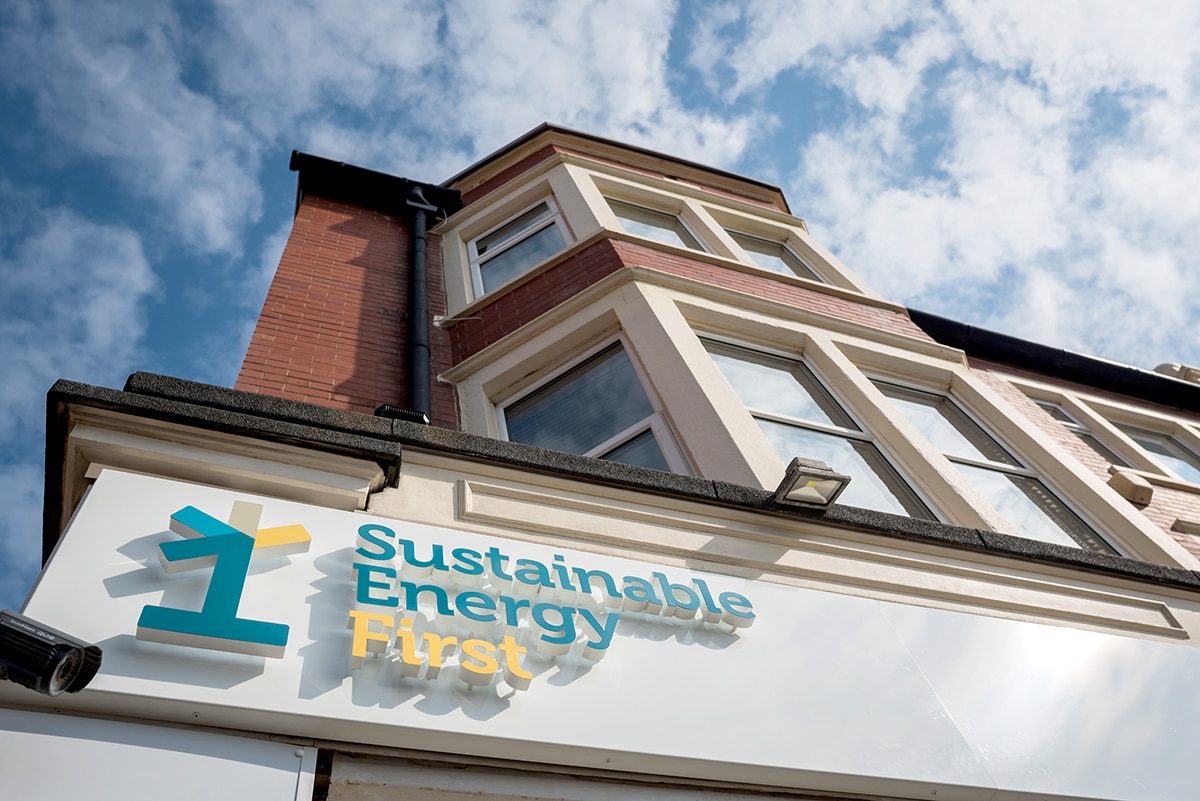24th January 2024
The EU Carbon Border Adjustment Mechanism (CBAM) is a new policy that came into effect in the October of last year. The EU CBAM is due to start in full on the 1st of January 2026, as such, we are in a transitional phase until the 31st of December 2025. During this phase, businesses will be required to report on the carbon emissions of their imported goods but will not yet have to pay any charges.
The CBAM builds upon existing efforts to address carbon leakage and complements the EU Emissions Trading System (ETS). It represents a significant step forward by implementing a broader carbon adjustment mechanism with potential implications for both climate policy and trade policy at the global level.
The aim of the policy is to reduce carbon emissions and level the playing field for EU businesses. It places a charge on imports from countries with less stringent environmental regulations. This will help to safeguard those who have made commitments to reducing their carbon emissions and reduce carbon leakage, where companies move their production abroad to nations where less rigorous green policies are in place. The charges are not yet known due to the ongoing transitional phase and the dependence on future variables.
It should be noted that the UK intends to implement its own CBAM, which covers similar goods as the EU, but also includes ceramics and glass. However, notably, it does not currently cover electricity. This is for a variety of reasons, such as the complexity of energy trade, and complications alongside the EU CBAM which could create issues with double taxation. However, the government has stated that it will review the potential inclusion of energy in the CBAM in the future, potentially as early as 2025. UK Implementation of CBAM is currently planned for 2027.
Key points of the EU CBAM:
The EU CBAM is a complex policy, and there are still many details that have yet to be finalised. However, it is seen as an important step in the EU’s efforts to combat climate change.
- Applies to imports of certain goods from non-EU countries, such as: steel, cement, aluminium, fertilizers, hydrogen, and electricity.
- Charges are based on the carbon emissions released during the production of the imported goods.
- Businesses will be required to purchase ‘CBAM certificates’ to cover these emissions.
- Revenue generated from this policy will be used to further the climate action efforts of the EU.
There could be a significant impact on UK businesses despite no longer being part of the EU.
As exporters:
- UK businesses exporting to the EU will need to provide their customers with data on the emissions of their products. This could require adjustments to data collection and reporting systems.
- If they fail to provide accurate data, their EU customers may face higher costs under the EU CBAM, making UK exports less competitive.
- Businesses may choose to source materials from within the EU to avoid the CBAM, potentially harming suppliers in the UK, due to it not applying to trade between EU member states. This is not meant to be protectionist, but rather a reflection of the fact that the EU already has its own internal carbon pricing system, the ETS.
As importers:
- If EU manufacturers raise prices to account for the new policy charges, this could increase the cost of imported goods for UK businesses, impacting production costs.
- The design of the UK CBAM will be influenced by the EU CBAM, hopefully creating alignment on climate issues, but it could also risk increasing the complexity of trade between the UK and the EU.
Broader impacts:
- Both the EU and UK CBAMs aim to prevent carbon leakage by ensuring domestic industries aren’t disadvantaged by competing with high-emission imports. This could have a positive impact on global efforts to reduce carbon emissions.
- Differences in the design and implementation of both CBAMs could lead to trade tensions between the EU and UK.
UK businesses should start preparing for the full implementation of the EU policy now, through action such as identifying products which fall under the jurisdiction of the policy, mapping their supply chain, and investing in updated data systems.
To find out how Inenco can put you in the best position for the implementation of the EU CBAM and other climate policies, please contact us at 08451 46 36 26 or email enquiries@inenco.com
To stay up to date with the EU CBAM and the future delivery of the UK CBAM, keep an eye on our blog page or follow us on LinkedIn.





